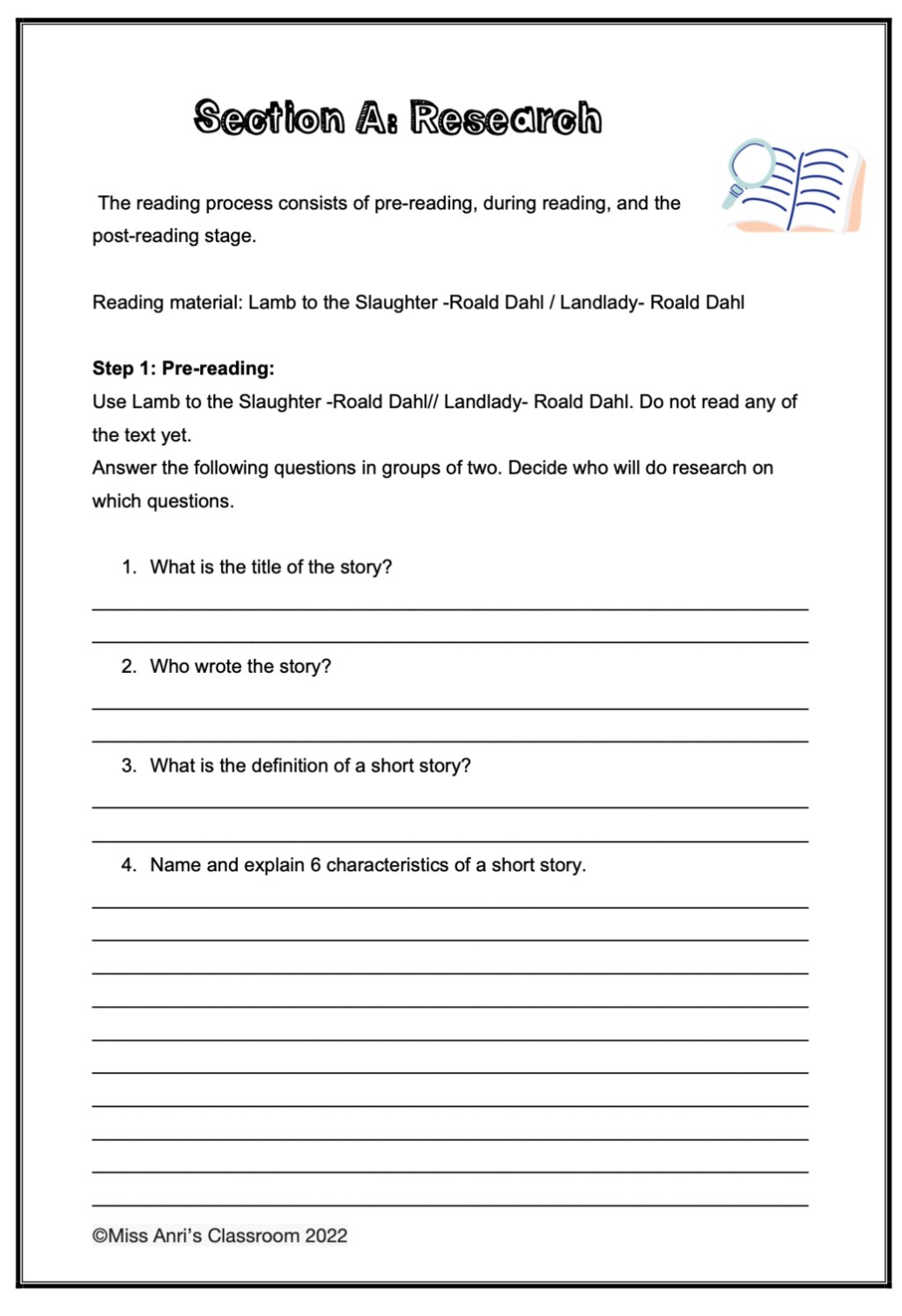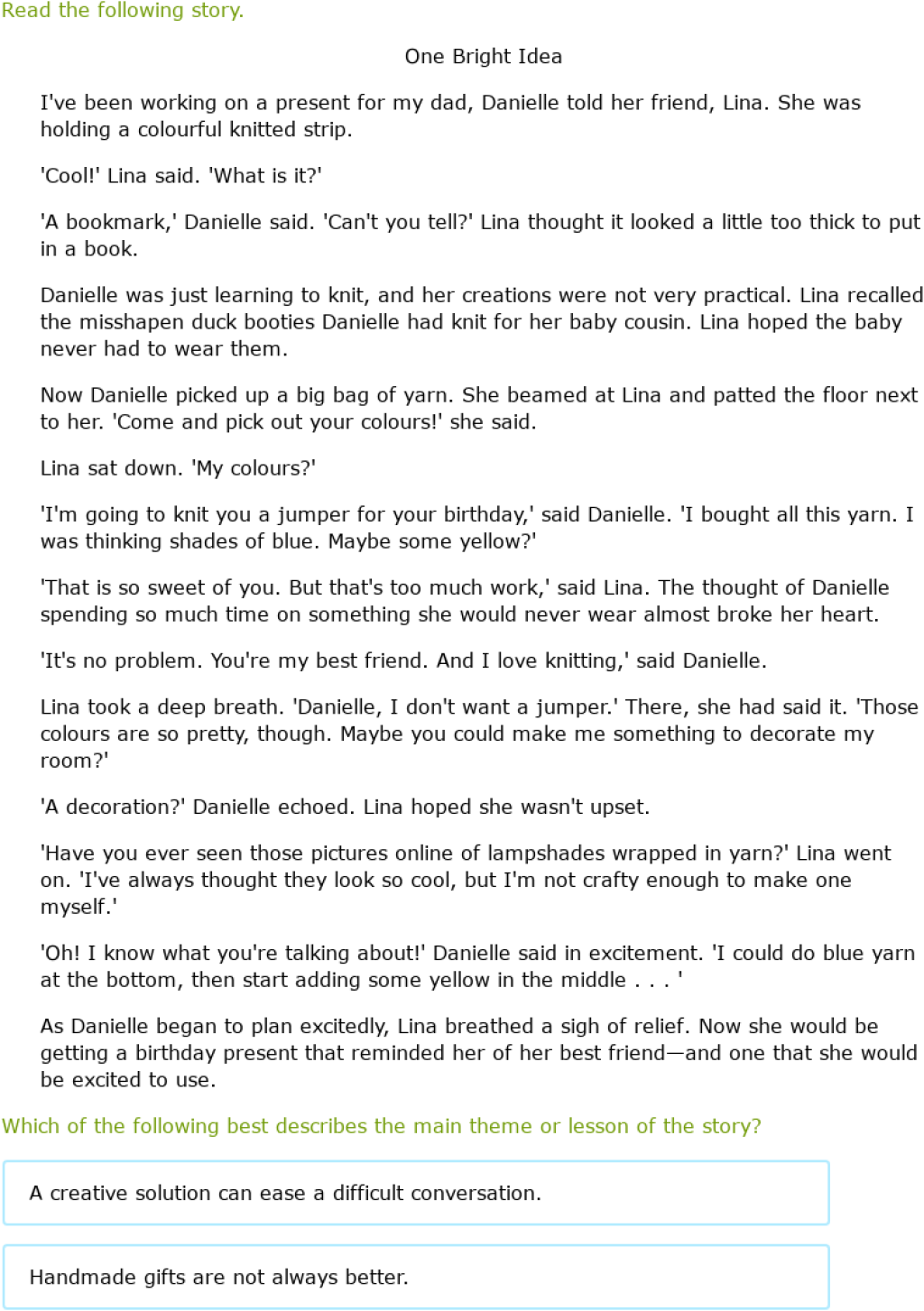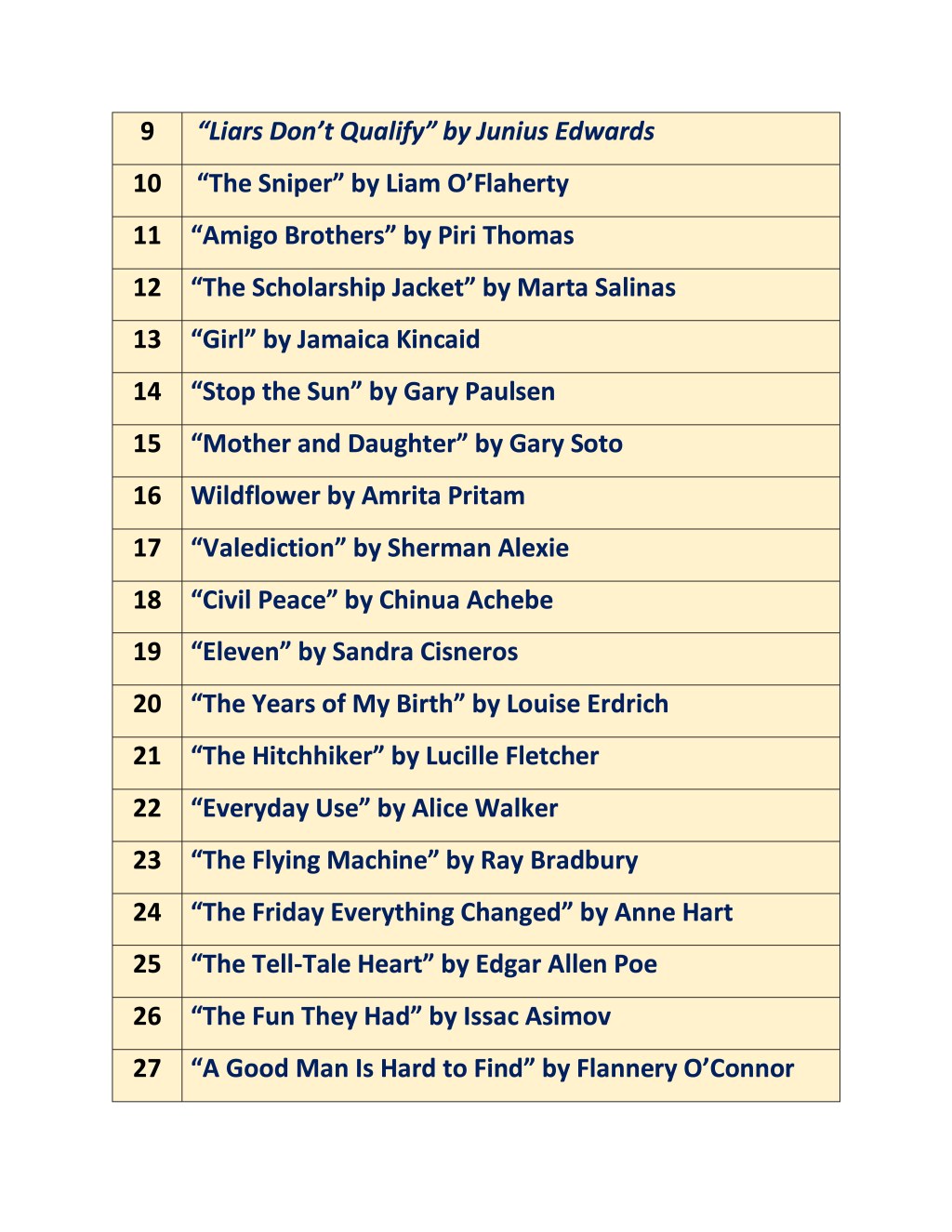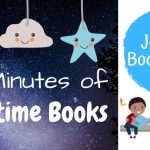Captivating Short Stories For Year 7: Unleash Your Imagination And Dive Into Intriguing Tales!
Short Stories Year 7: Unlocking Imagination and Developing Language Skills
Welcome, Readers!
Short stories have always been an integral part of literature, captivating readers of all ages with their engaging narratives and thought-provoking themes. In year 7, students are introduced to a variety of short stories that not only entertain but also stimulate their imagination and foster their language development. In this article, we will explore the world of short stories year 7, delving into what they are, who writes them, when they are taught, where they can be found, why they are beneficial, and how they can be effectively utilized in the classroom.
What Are Short Stories Year 7?
Short stories year 7 are brief fictional narratives specifically selected to suit the developmental needs and interests of seventh-grade students. These stories typically contain relatable characters, engaging plots, and meaningful themes that resonate with young readers. They are carefully chosen to capture the attention of students and encourage their active participation in the reading process.
3 Picture Gallery: Captivating Short Stories For Year 7: Unleash Your Imagination And Dive Into Intriguing Tales!



The Importance of Short Stories in Year 7 Education
Short stories play a crucial role in the educational journey of year 7 students. They provide an opportunity for young minds to explore different genres, enhance their vocabulary, improve their reading comprehension, and develop critical thinking skills. By analyzing the characters, settings, and themes of these stories, students can gain a deeper understanding of literary elements and techniques.
Moreover, short stories year 7 promote empathy and emotional intelligence. As students connect with the characters and their experiences, they learn to empathize with others and understand different perspectives. This fosters their social and emotional development, preparing them to navigate real-life situations with more compassion and understanding.
Who Writes Short Stories Year 7?
Short stories year 7 are crafted by a diverse range of talented authors who specialize in children’s and young adult literature. These writers understand the unique needs and interests of seventh-grade students and create stories that are both relatable and engaging. Some renowned authors in this genre include Jacqueline Wilson, Roald Dahl, and Louis Sachar, among many others.
When Are Short Stories Year 7 Taught?

Image Source: cloudfront.net
Short stories year 7 are typically integrated into the English curriculum, allowing students to explore a variety of literary works throughout the school year. They are often taught in conjunction with other reading materials, such as novels or poems, to provide a comprehensive understanding of different literary forms and styles. Teachers may allocate specific periods for reading, analyzing, and discussing short stories as part of their lesson plans.
Where Can Short Stories Year 7 Be Found?
Short stories year 7 can be found in various sources, including textbooks, anthologies, online platforms, and libraries. Many educational websites also offer curated collections of short stories specifically designed for seventh-grade students. These resources provide a wide range of options, allowing teachers and students to explore different themes, genres, and writing styles.
Why Are Short Stories Year 7 Beneficial?
Short stories year 7 offer numerous benefits to students, both academically and personally. Firstly, they enhance reading comprehension skills by presenting concise yet engaging narratives that require students to analyze and interpret the text. This improves their ability to extract meaning from written material and make connections between the story and their own experiences. Additionally, short stories promote creativity and imagination, encouraging students to think critically and develop their own unique perspectives.
Furthermore, short stories year 7 facilitate language development by exposing students to a diverse range of vocabulary, sentence structures, and writing styles. Through regular exposure to well-crafted stories, students expand their linguistic repertoire, enhance their communication skills, and refine their writing abilities. They also learn to appreciate the power of storytelling and its impact on the reader.
How Can Short Stories Year 7 Be Effectively Utilized in the Classroom?
Short stories year 7 can be effectively utilized in the classroom through various teaching strategies. Teachers can encourage active reading by providing guiding questions, engaging students in discussions, and promoting critical thinking through analysis and reflection. By incorporating creative activities, such as writing their own short stories or performing dramatic interpretations, students can further enhance their understanding and appreciation of the literary form.
Advantages and Disadvantages of Short Stories Year 7

Image Source: ixl.com
Like any educational tool, short stories year 7 have their own set of advantages and disadvantages. Let’s explore some of the pros and cons:
Advantages
Enhance reading comprehension abilities
Promote critical thinking and analysis
Expand vocabulary and language skills
Foster empathy and emotional intelligence
Spark creativity and imagination
Disadvantages
Potential for limited diversity in story selection
Dependence on teacher guidance for effective implementation
Time constraints in covering a wide range of stories
Possible difficulty in finding stories that resonate with all students
Varied reading levels within a classroom setting
Frequently Asked Questions
1. Can short stories year 7 be used in other subjects besides English?

Image Source: forbest.com
Yes, short stories year 7 can be incorporated into other subjects, such as social studies or science, to enhance interdisciplinary learning and promote cross-curricular connections. By exploring stories that align with specific topics, students can deepen their understanding of the subject matter while developing their reading and critical thinking skills.
2. Are short stories year 7 suitable for struggling readers?
Short stories year 7 can be adapted to suit the reading abilities of struggling readers. Teachers can provide additional support, such as simplified versions of the stories or audio recordings, to ensure accessibility for all students. The engaging nature of short stories can motivate struggling readers to actively engage with the text and gradually build their reading skills.
3. How can parents support their child’s engagement with short stories year 7?
Parents can support their child’s engagement by encouraging regular reading at home and discussing the stories together. They can ask open-ended questions to promote critical thinking, provide a comfortable reading environment, and help their child find stories that align with their interests. Parents can also incorporate short stories into family activities, such as storytelling sessions or creating their own stories as a group.
4. Are there any online resources for short stories year 7?
Yes, there are numerous online resources that offer a wide selection of short stories year 7. Educational websites, digital libraries, and literary platforms provide access to a diverse range of stories, often accompanied by discussion questions and supplementary materials. Teachers and parents can utilize these resources to expand students’ reading options and cater to different learning preferences.
5. How can short stories year 7 be connected to real-world experiences?
Short stories year 7 can be connected to real-world experiences by encouraging students to draw parallels between the characters and situations in the stories and their own lives. Teachers can facilitate discussions about the themes and messages conveyed in the stories and prompt students to reflect on how these relate to their personal experiences or societal issues. This helps students develop empathy and a deeper understanding of the world around them.
Conclusion: Unlocking the Power of Short Stories Year 7
Short stories year 7 offer a unique and valuable avenue for students to explore literature, express their creativity, and enhance their language skills. These engaging narratives provide a gateway to imagination and critical thinking, fostering a lifelong love for reading and learning. By integrating short stories into the curriculum and supporting students’ engagement with these literary gems, educators can unlock the full potential of year 7 students and empower them to become confident and skilled communicators.
Final Remarks
In conclusion, short stories year 7 are an invaluable tool in education, nurturing students’ imagination, language development, and critical thinking abilities. It is essential to provide students with a diverse range of stories, encourage active engagement, and foster a supportive learning environment. By harnessing the power of short stories, educators can ignite a lifelong passion for reading and empower students to become well-rounded individuals equipped for success in the modern world.
This post topic: Children's Literature

